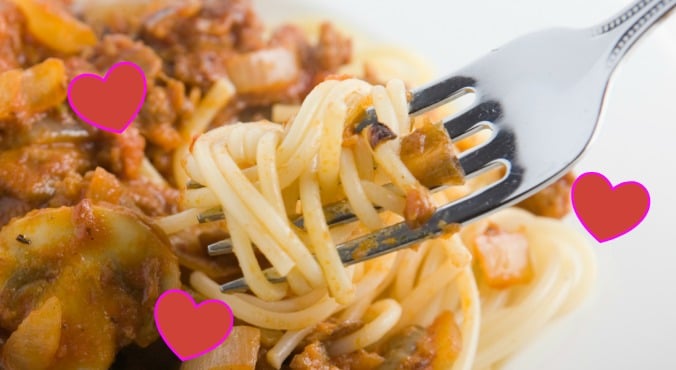
Image: iStock
It doesn’t matter what yo-yo or fad diet you read about, there always seems to be one common factor: carbs.
The only problem? Everyone has a different opinion on them. We’re told they’re bad, we’re told they’re healthy, we’re told to cut them out and only eat them at certain times.
It’s exhausting, not to mention confusing. So what’s the truth? We asked dieticians to bust the most common carb myths for good.
1. ‘Carbs are just in foods like bread and pasta.’
A common myth stems from confusion about what carbohydrates actually are.
“Carbohydrates are one of the three macronutrients [the other two are fat and protein] in foods and beverages, and are an essential fuel for our brains, nervous systems, red blood cells, kidneys and exercising muscles,” says Dr Alan Barclay, Accredited Practising Dietitian and Spokesperson for the Dietitians Association of Australia.
You’ll find them in far more than just bread, too, with carbs found naturally in a whole range of highly nutritious and healthy foods, including fruit, vegetables, legumes, starchy vegetables, grains, milk, yoghurt, breakfast cereals, confectionery, chips and soft drinks. Phew.
Watch: Dani Venn shows us how to make a delicious quinoa and prawn dish. (Post continues after video.)

